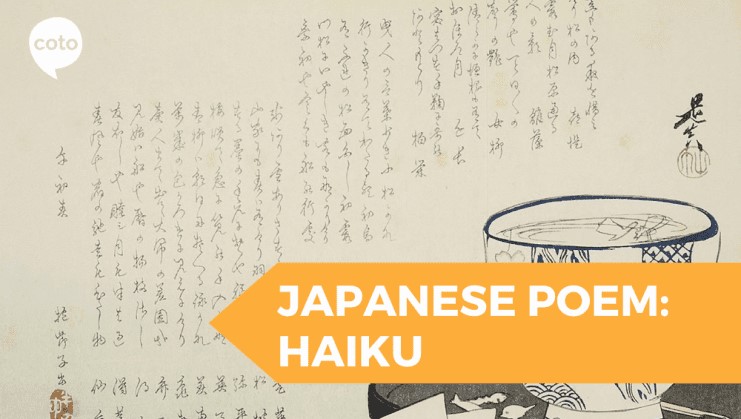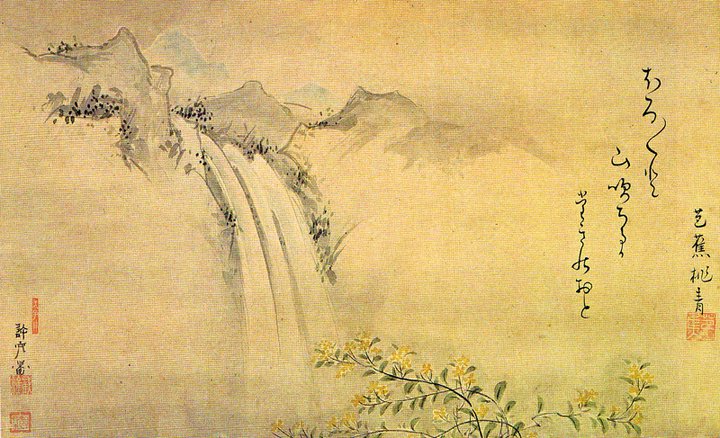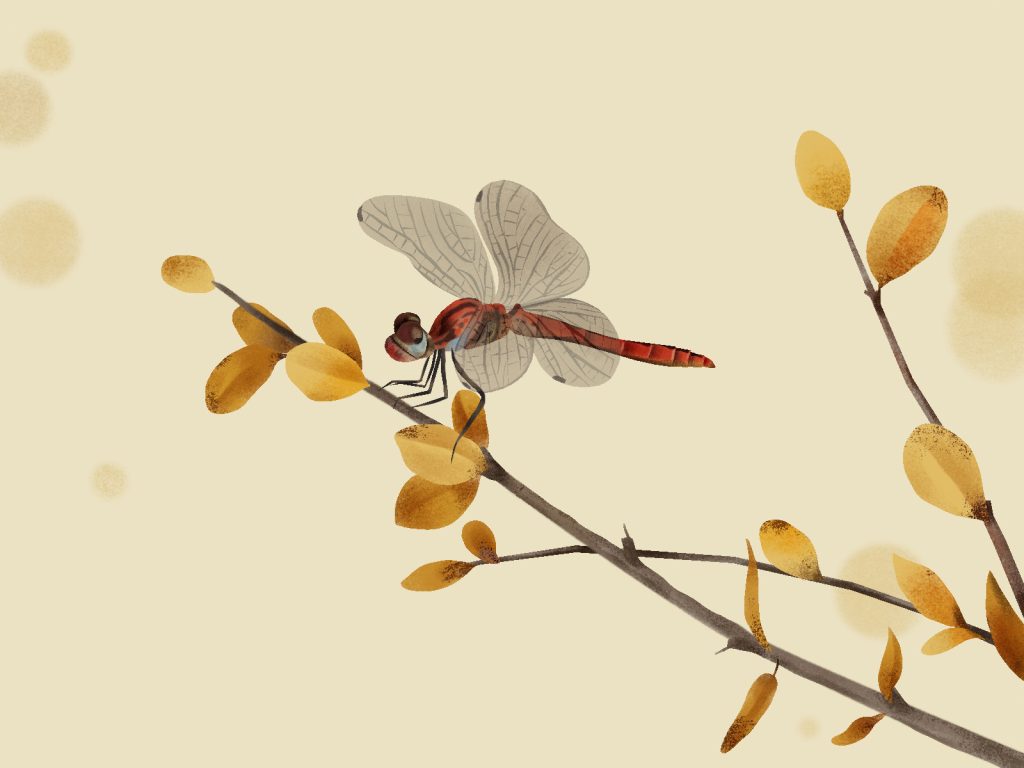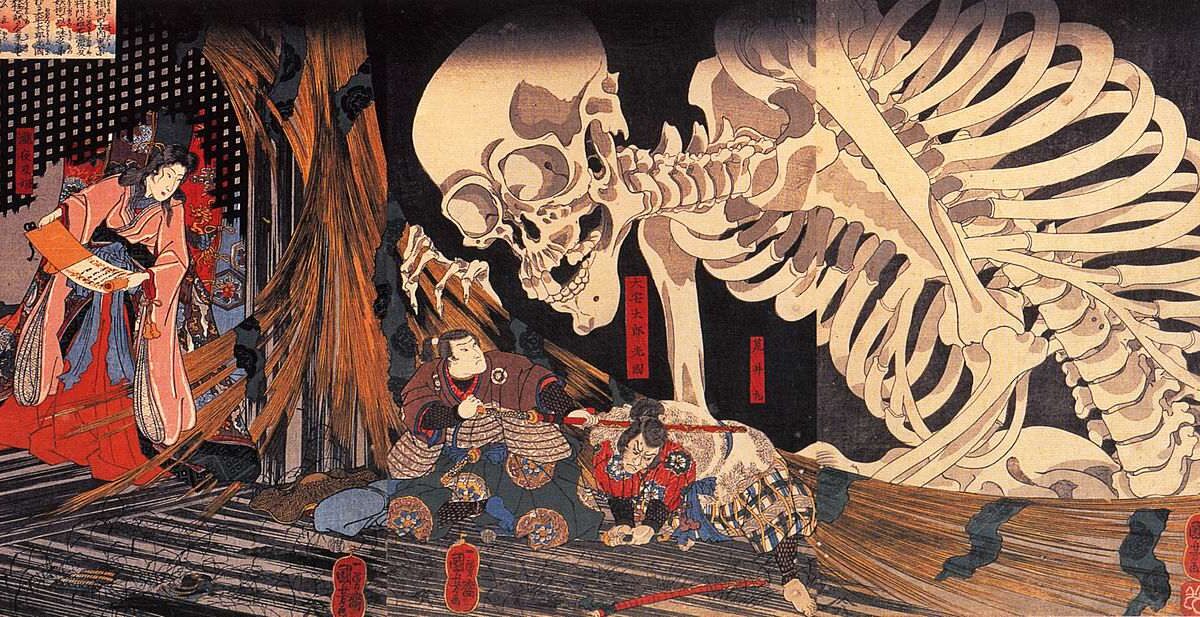Haiku, a form of Japanese poetry, is renowned for its brevity and profound ability to capture the essence of a moment. This captivating literary art has a rich history and continues to inspire poets worldwide.
In this article, we will delve into the world of haiku, exploring its history, techniques, and examples. We will also take a fascinating look at the lives and contributions of ten famous haiku poets who have left an indelible mark on this cherished art form. Additionally, we’ll explore the enduring impact of haiku on Japanese culture and beyond.

Daftar isi:
Japanese Culture: Haiku’s Roots
Haiku History: Haiku’s roots can be traced back to the 17th century in Japan. It evolved from the collaborative linked-verse poetry known as “renga” and became a standalone art form. The legendary poet Matsuo Bashō played a pivotal role in shaping haiku as we know it today.
Haiku Techniques: Haiku is defined by its structure, consisting of three lines with a syllable pattern of 5-7-5. This strict form challenges poets to convey profound meaning within a minimalist framework. Haiku often captures the beauty of nature, human experiences, or poignant moments.
Haiku Examples:
- An old silent pond… (Matsuo Bashō)
- Autumn moonlight— (Yosa Buson)
- New Year’s Day— (Kobayashi Issa)

Famous Haiku Poets
- Matsuo Bashō (1644-1694): Known as the master of haiku, Bashō’s poetry reflects the beauty of nature and human emotions.
- Yosa Buson (1716-1784): Buson’s haiku often blended vivid imagery and sentiment, portraying fleeting moments with grace.
- Kobayashi Issa (1763-1828): Renowned for his humorous and compassionate haiku, Issa explored life’s ups and downs.
- Masaoka Shiki (1867-1902): Shiki modernized haiku, introducing new themes and emphasizing objective observation.
- Takahama Kyoshi (1874-1959): Kyoshi’s haiku balanced tradition and innovation, contributing significantly to haiku’s evolution.
- Kawahigashi Hekigotō (1873-1937): Hekigotō’s haiku often celebrated rural life and the simplicity of existence.
- Natsume Sōseki (1867-1916): A renowned novelist who also wrote haiku, Sōseki’s work explores the human condition.
- R. H. Blyth (1910-2004): A British author who introduced haiku to the English-speaking world, his scholarship expanded global appreciation of haiku.
- Harold G. Henderson (1889-1942): An American haiku poet and translator, Henderson contributed to the international recognition of haiku.
- Ezra Pound (1885-1972): Though not Japanese, Pound’s translations of haiku introduced Western readers to this poetic form.
Impact of Haiku on Japanese Culture and Beyond
Haiku has left an enduring impact on Japanese culture, influencing art, literature, and even everyday life. It continues to be a source of inspiration for poets worldwide, with numerous poets and enthusiasts embracing its brevity and depth.
In Japan, haiku is celebrated through festivals and associations dedicated to the art form. Its influence is visible in various aspects of Japanese culture, including garden design, calligraphy, and the appreciation of seasonal changes.
Beyond Japan’s borders, haiku’s simplicity and elegance have captivated poets and writers globally. It has inspired poets in different languages, enriching the world’s poetic landscape.

Haiku, with its rich history, distinct techniques, and profound impact on Japanese culture and beyond, remains a cherished form of poetry. The lives and works of famous haiku poets like Matsuo Bashō, Yosa Buson, and Kobayashi Issa continue to inspire generations of poets.
Haiku’s ability to capture the essence of moments in just a few lines makes it a timeless and treasured form of artistic expression, bridging cultures and emotions across the world.
- 10 Famous Hispanic People: A Celebration of Hispanic Heritage
Hispanic heritage is a vibrant tapestry woven from the threads of diverse cultures, languages, and histories. It is a celebration…
- 10 Most Famous People from Han Chinese in the World
The Han Chinese ethnic group is the largest ethnic group in the world, comprising a significant portion of the population…

